Maintaining your appliances is essential for ensuring their longevity and optima...
30 Jul 2024
# 1 Equipment Repairing Service In Houston, TX. Get appointment today
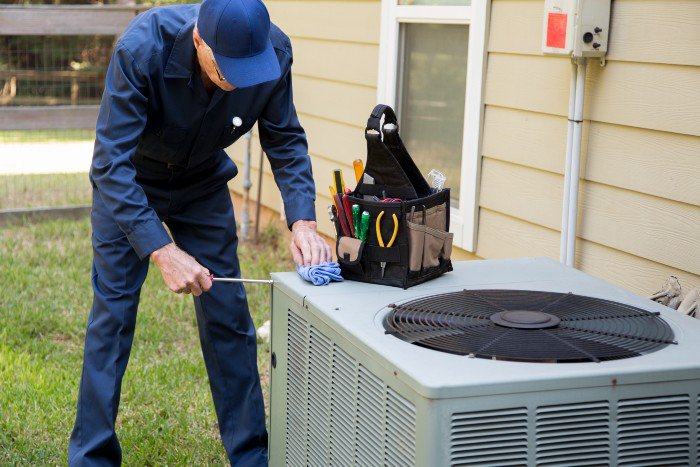
04
Jul
As summer temperatures rise, keeping your cooling appliances in top condition is essential for comfort and efficiency. Proper maintenance not only ensures optimal performance but also extends the lifespan of your appliances, reducing energy consumption and saving money on utility bills. This guide covers essential summer maintenance tips for your air conditioner, refrigerator, and freezer to help you stay cool and comfortable during the hottest months.
An air conditioner is crucial for maintaining a cool and comfortable home during the summer. To keep it running efficiently, regular maintenance is essential. Start by cleaning or replacing the air filters every 30 to 60 days. Dirty filters restrict airflow, forcing the air conditioner to work harder and consume more energy. Clean filters improve airflow, enhance indoor air quality, and extend the unit's lifespan.
Next, inspect the evaporator and condenser coils. Over time, these coils accumulate dirt and debris, reducing their ability to absorb and dissipate heat. Clean the coils at least once a year using a soft brush or a vacuum cleaner to remove dirt. For stubborn grime, consider using a commercial coil cleaner.
Check the thermostat settings to ensure they are accurate. If you have a programmable thermostat, set it to a higher temperature when you're not at home to save energy. Regularly calibrate the thermostat to ensure it accurately reflects the indoor temperature.
Examine the condensate drain for clogs. A clogged drain can cause water damage and increase humidity levels inside your home. Use a stiff wire or a wet/dry vacuum to clear any blockages.
Lastly, ensure the area around the outdoor unit is free of debris, leaves, and vegetation. Proper airflow around the unit is crucial for efficient operation. Trim any plants or shrubs at least two feet away from the unit, and clean the area regularly to prevent dirt and debris buildup.
By following these maintenance tips, you can keep your air conditioner running efficiently, reduce energy consumption, and ensure a comfortable home throughout the summer.
Proper maintenance of your refrigerators and freezers is essential for efficient operation and longevity. Here are some crucial tips to keep these appliances in top shape during the summer months:
Clean the Condenser Coils. The condenser coils, typically located at the back or beneath the refrigerator, are responsible for dissipating heat. Over time, they can accumulate dust and dirt, making the compressor work harder and increasing energy consumption. Clean the coils every six months using a vacuum or a coil brush to ensure optimal performance.
Check the Door Seals. The door seals (gaskets) play a vital role in maintaining the internal temperature of your refrigerator and freezer. Damaged or worn seals can allow warm air to enter, causing the compressor to work overtime. To test the seals, close the door on a piece of paper. If you can easily pull the paper out, the seals may need to be replaced. Ensure the seals are clean and intact to keep your appliance running efficiently.
Maintain Proper Temperature Settings. Set your refrigerator to 37-40°F (3-4°C) and your freezer to 0°F (-18°C). These temperatures are ideal for preserving food while minimizing energy consumption. Avoid setting the temperatures too low, as this can cause the compressor to run continuously, leading to higher energy bills and potential overheating.
Organize and Avoid Overloading. Proper organization of your refrigerator and freezer allows for better airflow and more efficient cooling. Avoid overloading the compartments, as overcrowding can block vents and reduce the appliance's ability to maintain a consistent temperature. Keep items spaced out and ensure there is adequate room for air circulation.
Regular Defrosting. If your freezer does not have an auto-defrost feature, manually defrost it when the ice buildup reaches about a quarter-inch thick. Excessive ice buildup can reduce the efficiency of the appliance and increase energy usage.
Monitor and Clean the Drip Pan. The drip pan collects excess moisture and can become a breeding ground for mold and bacteria if not cleaned regularly. Check the drip pan every few months and clean it with warm, soapy water to prevent any unpleasant odors and maintain hygiene.
By following these maintenance tips, you can ensure that your refrigerators and freezers operate efficiently, prolong their lifespan, and save on energy costs during the hot summer months.
Maintaining the efficiency of your refrigerator and freezer involves regular cleaning of the condenser coils and checking the door seals. These tasks are essential for optimal performance and energy savings.
The condenser coils, located either at the back or beneath the appliance, play a crucial role in heat dissipation. Over time, they accumulate dust and dirt, which can impede their function and force the compressor to work harder. To clean the coils:
Unplug the Appliance: Safety first—disconnect your refrigerator or freezer from the power source.
Access the Coils: Depending on the model, you may need to move the appliance away from the wall or remove a protective grille at the bottom.
Vacuum the Coils: Use a vacuum cleaner with a brush attachment to remove loose dust and debris.
Brush Away Stubborn Dirt: For more persistent dirt, use a coil brush to gently scrub the coils.
Clean Up: Vacuum any debris that fell to the floor and replace the grille if necessary.
Perform this cleaning every six months to maintain efficiency and reduce energy consumption.
Door seals (gaskets) are essential for maintaining the internal temperature by preventing warm air from entering the appliance. To check and maintain the seals:
Inspect for Damage: Look for cracks, tears, or deformation in the seals.
Perform the Paper Test: Close the door on a piece of paper. If it slips out easily, the seal may be compromised.
Clean the Seals: Wipe the seals with a damp cloth and mild detergent to remove dirt and grime.
Replace if Necessary: If the seals are damaged or do not pass the paper test, replace them promptly.
Regularly cleaning the coils and checking the seals ensures your refrigerator and freezer run efficiently, saving energy and extending their lifespan.
Overheating is a common problem for cooling appliances during the summer, but it can be avoided with proper maintenance and care. Here are some detailed tips to help you prevent overheating issues with your air conditioner, refrigerator, and freezer.
Ensure Proper Ventilation. Proper ventilation is crucial for the efficient operation of cooling appliances. For air conditioners, ensure that the outdoor unit has ample space around it, free from obstructions like plants, furniture, or debris. A clear area allows for better airflow, which helps dissipate heat effectively. Similarly, place refrigerators and freezers in well-ventilated areas away from direct sunlight and heat sources such as ovens or stoves. This helps prevent the units from working harder to cool down, thereby reducing the risk of overheating.
Regular Cleaning. Clean your appliances regularly to prevent dust and dirt buildup, which can impede airflow and cause overheating. For air conditioners, clean the air filters every 30 to 60 days, and check the evaporator and condenser coils annually. For refrigerators and freezers, clean the condenser coils every six months and ensure that the vents inside the compartments are not blocked by food items.
Monitor Temperature Settings. Set your appliances to appropriate temperature levels. For air conditioners, avoid setting the thermostat too low; a moderate setting will keep you comfortable while preventing the unit from overworking. For refrigerators, the ideal temperature is between 37-40°F (3-4°C), and for freezers, it should be 0°F (-18°C). Extreme settings can cause the compressor to run continuously, leading to overheating and increased energy consumption.
Avoid Overloading. Avoid overloading your refrigerator and freezer compartments. Overcrowding can block internal vents and restrict airflow, causing the compressor to work harder and potentially overheat. Keep items organized and allow space for air circulation.
Routine Inspections. Regularly inspect your appliances for signs of wear and tear. Check the door seals of refrigerators and freezers to ensure they are intact and sealing properly. Inspect the air conditioner's ducts and vents for any leaks or blockages that could affect performance.
Professional Maintenance. Schedule regular professional maintenance for your appliances. A qualified technician can perform thorough inspections, clean internal components, and address any potential issues before they lead to overheating. This preventive measure can significantly extend the lifespan of your appliances and ensure they operate efficiently.
By following these detailed tips, you can avoid overheating issues, maintain the efficiency of your cooling appliances, and ensure they run smoothly throughout the hot summer months.
Proper summer maintenance of your cooling appliances is essential for their efficient operation and longevity. By regularly cleaning coils, checking seals, and ensuring proper ventilation, you can prevent overheating issues and maintain optimal performance. Additionally, setting appropriate temperature levels and avoiding overloading your appliances will help reduce energy consumption and prolong their lifespan. Routine inspections and professional maintenance further ensure that your air conditioner, refrigerator, and freezer run smoothly throughout the hot months. Implementing these maintenance tips will keep your appliances in top condition, helping you stay cool and comfortable all summer long.
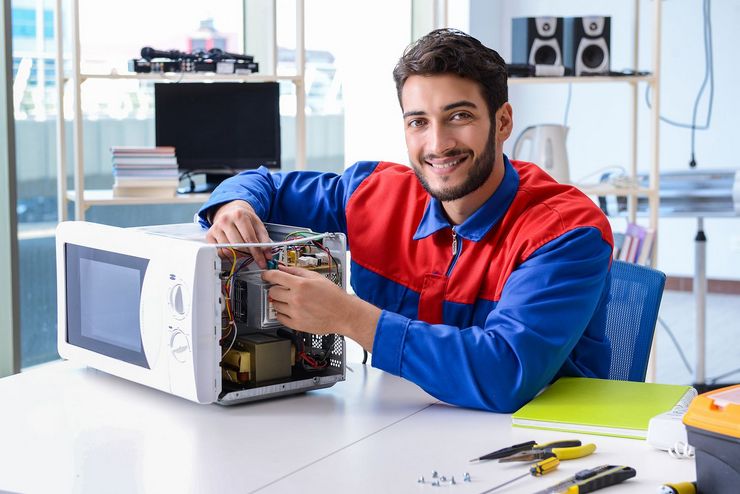
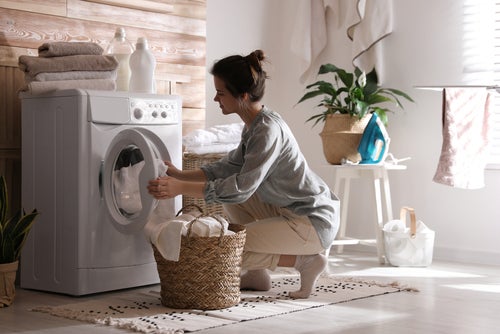

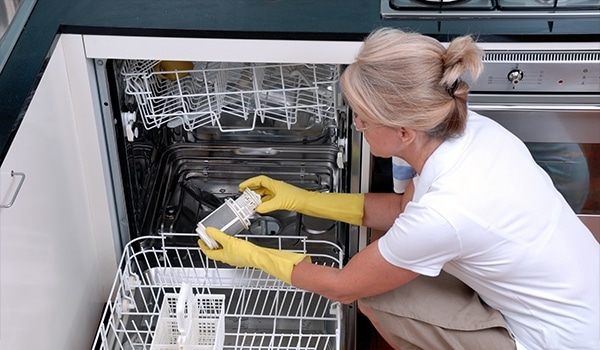

77095, Houston, TX


 stay tuned we are
stay tuned we are
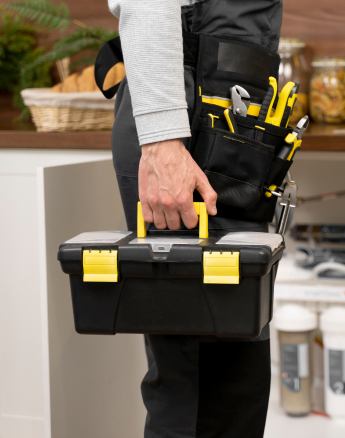
Just leave a request and we will call you back within 10 minutes and provide professional advice.
Your personal data will only be used to contact you and will not be shared with third parties.